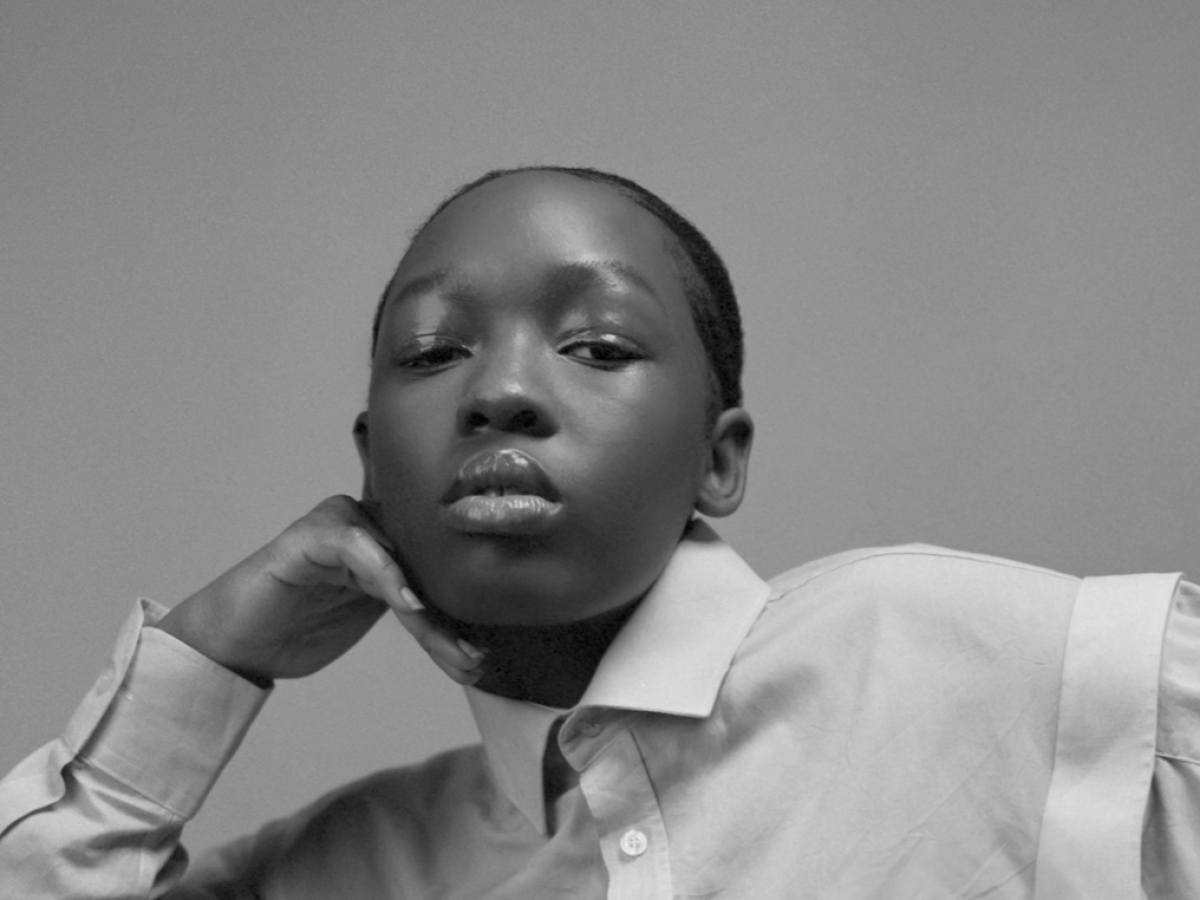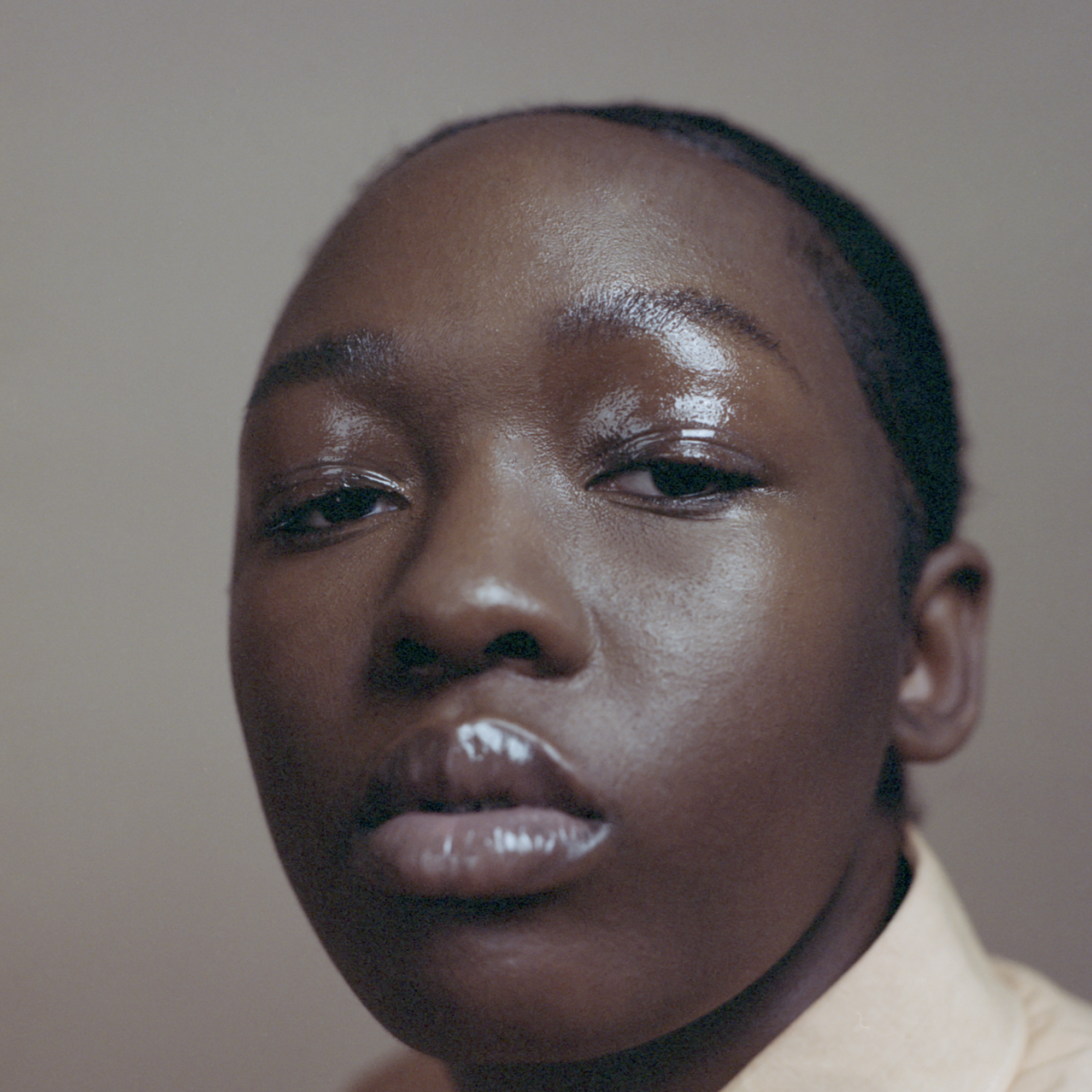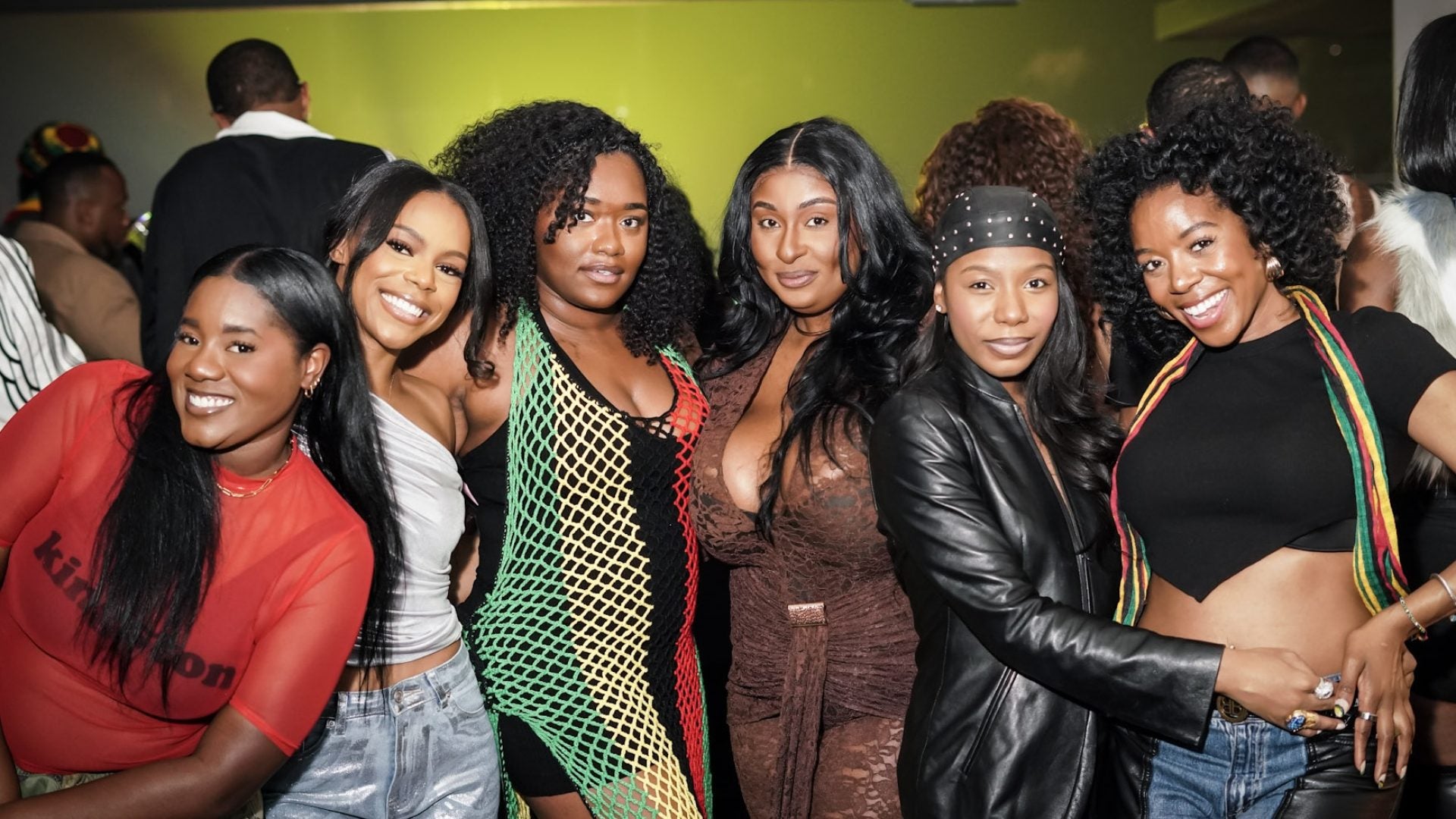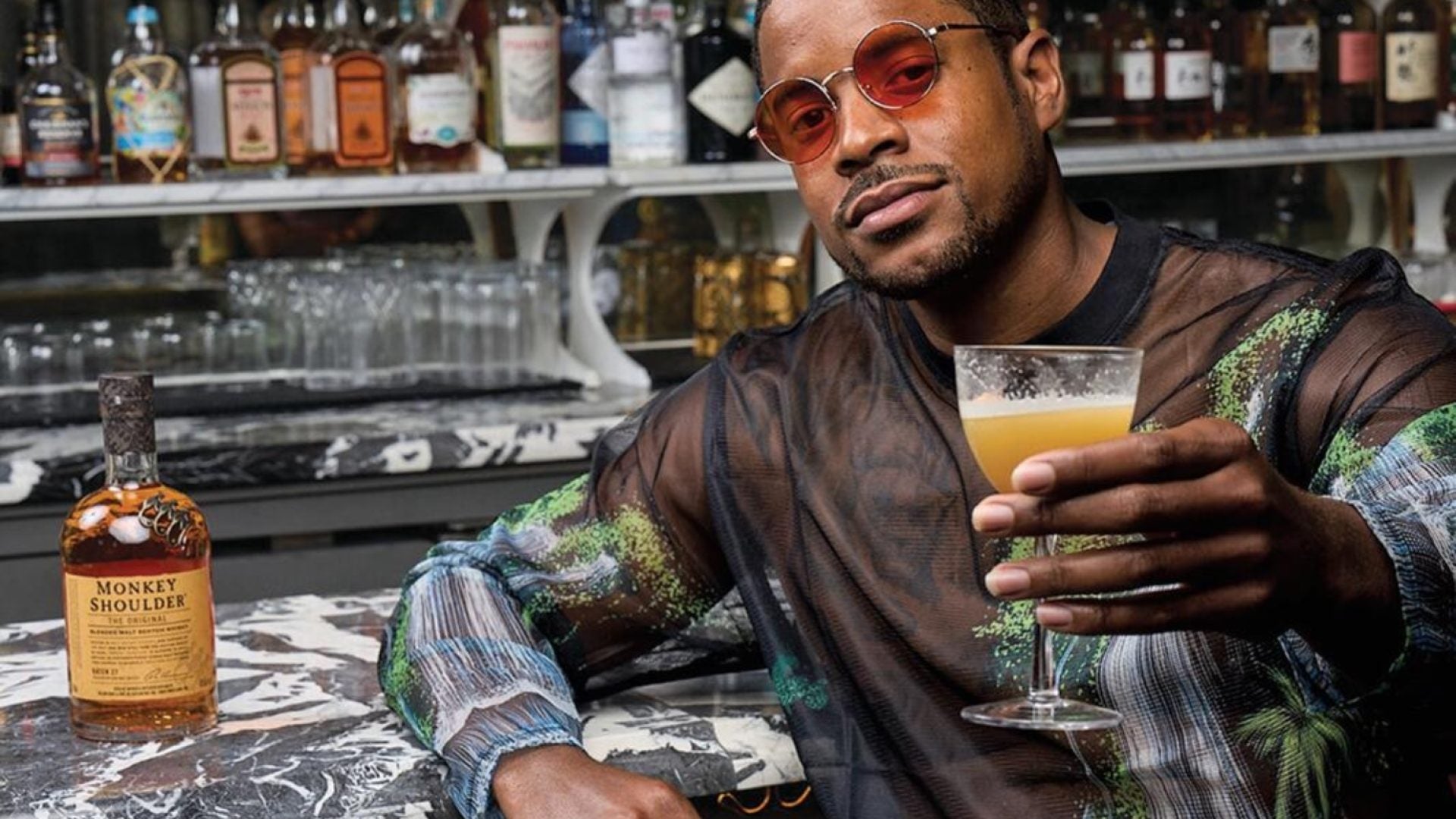
The gaze never lies. Awkward hands reveal nervousness; necks bent even slightly expose shame but eyes, whether surrounded by swollen, salmon-colored flesh, dusted around by tiredness’ signature charcoal or bright with youth untainted, are unacquainted with guile. When peering at the knowing eyes of viral monologist Elsa Majimbo, I confirm that our conversation will make no room for pretense.
Majimbo, 20, is comfortably perched in a black and eggplant jacket with a headscarf hugging her head, its tail resting on her outerwear. Her face is free of the black, wire-rimmed shades that have become one of her most famous accessories. “I feel like laughter and in comedy…I just, it’s a way to take off like heavy feelings like sadness, just anger, like general, every and negative feelings for me,” she says.
The Kenyan internet-born star knows quite a bit about humor. Her videos were viewed and shared by many during the earliest days of sheltering in place. One mini clip is about not missing people, with any would-be pauses filled with heavy laughter. Majimbo’s public aversion to small talk and social conventions have landed her coveted brand partnerships, magazine covers and over 2 million followers. She also conducted her own session for Instagram’s #It’sOkToNot, a live safe space for people to share their experiences and connect with others. Additional guests included Tabitha Brown and Zaya Wade, among others. Majimbo’s angle? Teaching people to embrace comedy, of course.

Photo credit: Mucyo Gasana (@dailyinterations). Styled by Bubu Ogisi (@bubuogisi). Wearing IAMISIGO (@iamisigo).
“Instagram is working to make their platform a more mentally healthy one, I think there’s a very long way to go, but I’m glad they’re putting an effort into creating a safer digital experience,” Majimbo says of her Laughter As Protest segment. “I support #ItsOkToNot because It’s always ok to say no, to posting or to any form of negative pressure. In fact it’s a personal hobby of mine to say no, I love it.”
Her audience is vast, but she’s keenly aware of the impact her content has on Black women. You can spot Lena Waithe rooting for her and eternal tastemaker Rihanna on her list of followers (Majimbo has done promotional content for the mogul’s Fenty Beauty brand as well). Supermodel Naomi Campbell documented spending a day with her, too. She keeps us all grinning and giggling, as we should be.
“It’s like so many times, like when I post my video, sometimes I’ll get messages from people and they’ll be like, ‘Oh my goodness. Oh, thank you so much for making me happy…thank you so much for making me laugh.’ And I realized so many of those people are Black women,” she notes. “And I was like, ‘I don’t think you understand, you deserve to be happy. People shouldn’t take that away from you.'” We then talked about the myth of the “humble Black woman”—someone openly discouraged from owning their accomplishments and constantly shrinking to soothe the egos of others.
Majimbo says she experienced this, which pushed her to relocate from Kenya. She felt the need to detach fully and quickly, even if the negative comments were restricted to online spaces. Boosted platforms summon hecklers and as conversations about the mental health of Gen Z mount, a forcefield of self-love is essential. This leads me to wonder, as she inspires and uplifts, how does she refill her cup with affirmation? She matter-of-factly informs me that she doesn’t.
“I feel like I never need an encouraging statement,” she says after thinking briefly. “Sometimes I feel like I’m in a different world. I just… I’m always thinking about myself…I always want to make myself happy. So, I never think about picking myself up because I’m already at the top.”
It’s indisputable that her eyes are on the prize—herself.



